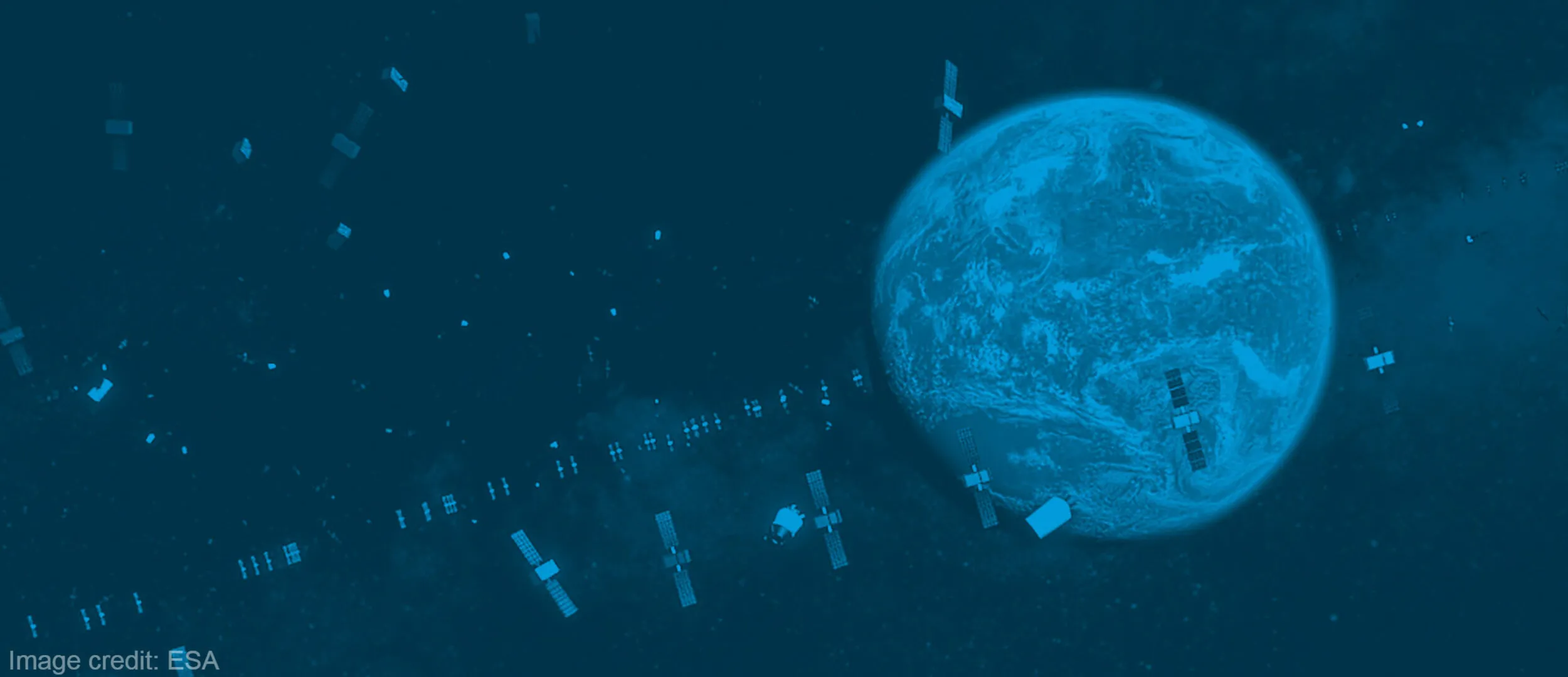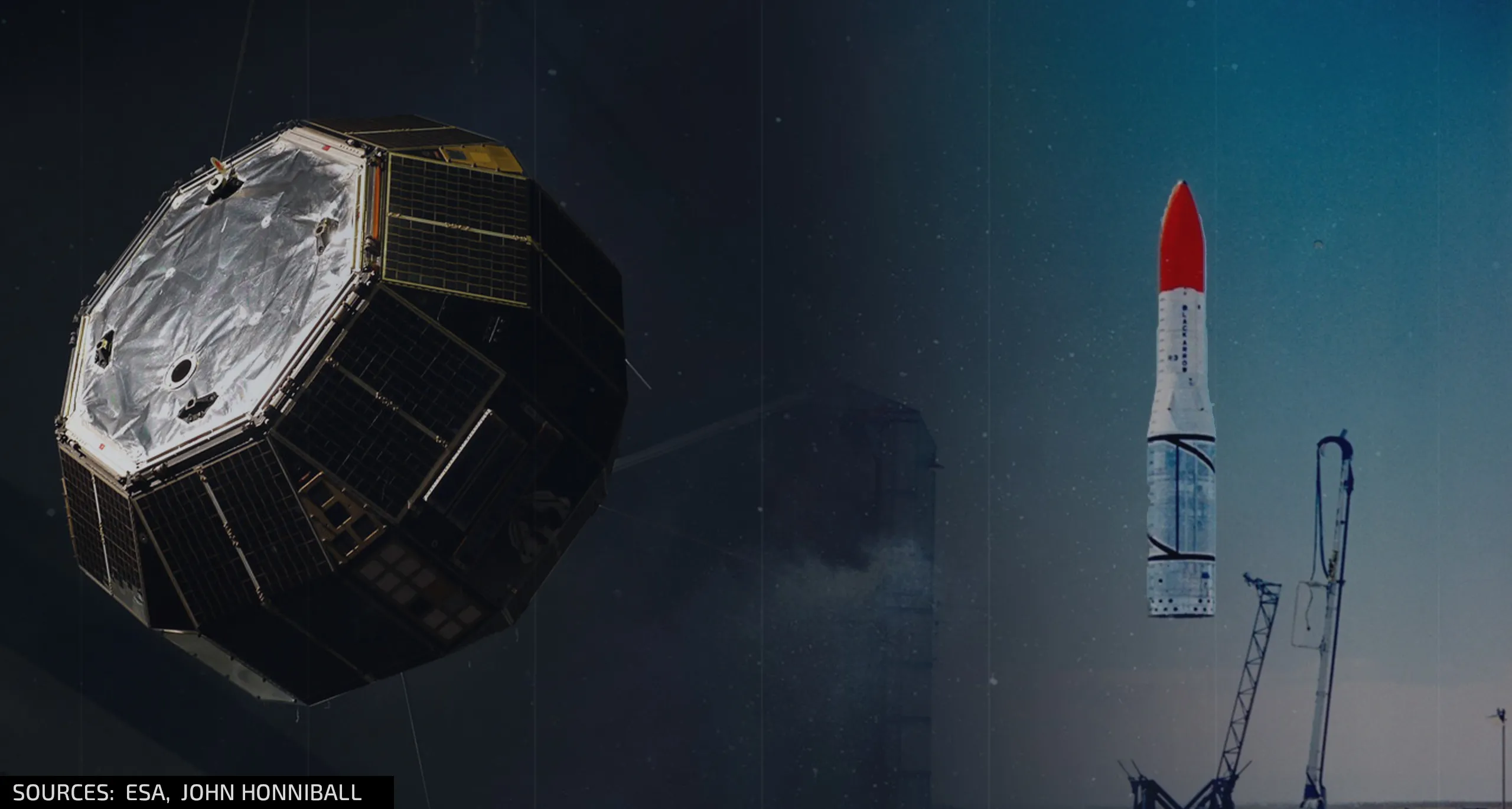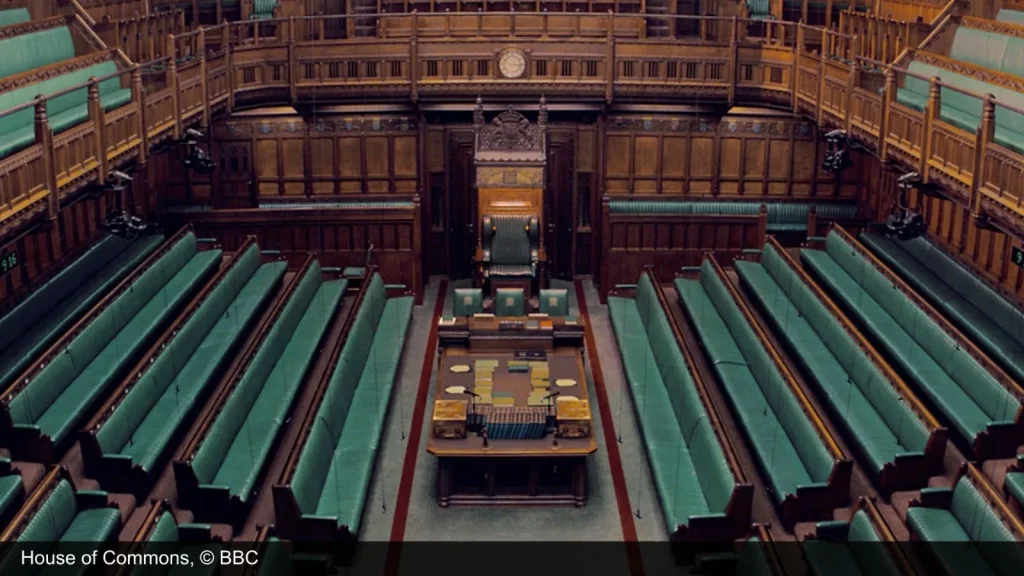UK-UN Sign Agreement on Space Sustainability

Efforts to safeguard sustainable use of outer space have been fortified with an agreement between the UK and the UN.
The UK’s Science Minister Amanda Solloway signed the agreement on Tuesday, explaining “it’s critical that we work with our international partners to secure the continued safety and sustainability of space.”[1]
The agreement commits the UK government to a series of events and outreach efforts, ultimately aimed at promoting the Guidelines for the Long-Term Sustainability of Outer Space Activities (LTS Guidelines).
The guidelines ensure “the conduct of space activities indefinitely into the future”[2], an ability now under threat from the growing cloud of space debris. Developed and published by the UN Committee on the Peaceful Uses of Outer Space, the voluntary rules had come under criticism for their lack of enforcement mechanisms [3].
That the UK is now actively endorsing the guidelines however means increased awareness and prominence within the industry.
Director of the UN Office for Outer Space Affairs Simonetta Di Pippo said “it is essential the international community comes together to make the long-term sustainability of space activities a reality. The LTS Guidelines are a landmark expression of global consensus and effective multilateralism on this crucial subject.” [1]
The UK Space Agency have committed funding from their National Space Innovation Programme to support the series of events and outreach efforts [1], reaffirming their backing to raise awareness and encourage global action on safe and sustainable uses of space.
Last year, the agency awarded over £1 million in funds to organisations developing smart solutions to tackle the growing problem of potentially hazardous space debris[4]. The funding was welcomed by those in the industry and astronomers, a community concerned with the “fog” of space debris impacting their measurements.
Skyrora’s own Space Tug programme, capable of de-orbiting space debris, saw recent success during a landmark test. The full mission duration static fire test (450 second burn over three firings) represented an important milestone in the development of the vehicle. The Space Tug could be critical in extracting space debris, alleviating congestion in low Earth orbit.
References:
1. UK Government 2021, UN and UK sign agreement to promote space sustainability. Available from https://www.gov.uk/government/news/un-and-uk-sign-agreement-to-promote-space-sustainability [29/01/2021]
2. Committee on the Peaceful Uses of Outer Space 2018, Guidelines for the Long-term Sustainability of Outer Space Activities. Available from https://www.unoosa.org/res/oosadoc/data/documents/2018/aac_1052018crp/aac_1052018crp_20_0_html/AC105_2018_CRP20E.pdf [29/01/2021]
3. Martinez LF (2019). Legal regime sustainability in outer space: theory and practice. Global Sustainability 2, e26, 1–6. https://doi.org/10.1017/sus.2019.21
4. BBC 2020, UK Space Agency funds tech for orbital awareness. Available from https://www.bbc.co.uk/news/science-environment-54167478#:~:text=New%20approaches%20to%20tracking%20satellites,needed%20to%20interpret%20their%20data [29/01/2021]



